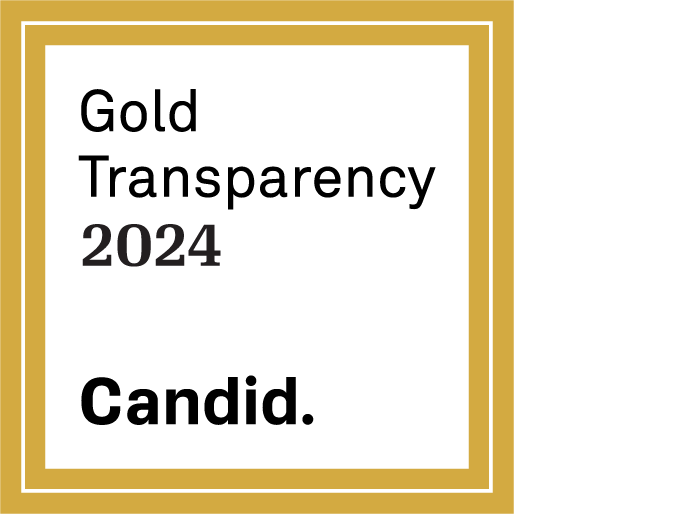So Long

I was born with a curious mind. Living every day as a learning moment afforded me the privilege of a very full life, from touring with the greatest jazz legends to working with the UN, and earning a PhD at the age of 50.
I appreciated every bit of it, big and small: listening to Wynton Marsalis play happy birthday on my 30th, marveling at pumpkins the size of which I had never seen before moving to the US, delighting in conversations with Madeline Albright at my local coffee shop or with Al Gore on one of my neighborhood streets.
Life’s circumstances gave me the opportunity to be of service and to meet remarkable individuals, not only for the brilliance of their minds, but more importantly, of their hearts.
Along with acquiring a doctorate degree came the unexpected diagnosis of primary aldosteronism. In retrospect, I had unknowingly harbored the disease most of my life.
Unable to pursue the business applications of my PhD, I co-founded the Primary Aldosteronism Foundation. I led the organization until lung cancer was added to an already long list of medical mishaps related to excess aldosterone. By then, my body did not have enough resources left to endure the toxic blow of cancer treatments. To preserve my dignity, I opted to bow out with medical assistance.
The end of a journey is meant to be the beginning of a new one. Mine started in the strait of Juan de Fuca, somewhere between Vancouver Island and the Olympic Peninsula. Before embarking, I wanted to let you know how grateful I was our paths crossed. You enlightened my life, and made me a better person. As I dedicated my last years to primary aldosteronism, I also wanted to leave you a few of my reflections on this topic.
In one of his essays, Matthew Desmond quotes novelist Tommy Orange: “these kids are jumping out of burning buildings, and falling to their death, and we think that the problem is they are jumping.” It epitomizes an underdiagnosis debate focused on awareness and screening rather than the faulty wiring that causes the fire. To paraphrase Desmond: it is high time to move the aperture.
The cascading collateral damage of hyperaldosteronism remains nearly impossible to conquer unless patients are candidates for and given the option of successful surgery. Prioritizing the adoption of PET scans, next-generation drugs, and adrenalectomies are of the utmost importance. For the majority of patients who require medical treatment, collaborative work is needed more than ever to:
- Accelerate FDA approval and adoption of newer and better targeted drugs for patients with primary aldosteronism instead of those who already benefit from multiple effective drugs.
- Acknowledge the systemic nature of excess aldosterone instead of confining it to an electrolyte imbalance of cardiorenal consequences.
- Formally establish the actual signs, symptoms, and comorbidities of primary aldosteronism instead of the handful commonly applied.
- Teach individuals how to fish instead of feeding them for a day, so all providers can deliver the standards of care only a limited few are offering today.
First, patients with primary aldosteronism lose their personal life. Next, they lose their social and professional life (some fall on disability insurance, others become bankrupt or homeless). Their struggles last for years and even decades over the course of which the very institution tasked with caring for them fails to acknowledge the severity and extent of the deadly disease that debilitates them. Lack of answers and substandard responses alone cause irreparable trauma. Some patients develop PTSD as a result, others may even take their own life. It is inhumane.
As Tom Selleck once said in Blue Bloods: “doing the right thing is hard, it is by no means complicated.” I trust that you will do the right thing.
With gratitude,
Marianne
The Foundation was incorporated in the early days of the SARS-CoV-2 pandemic. Against all odds, it quickly rose to top-rated non-profit. The Governing Board is recruiting a new leader. I would be thankful if you could support them in any way you can via the fundraising platform “Great Non Profits.” Thank you for also forwarding this message to others, and if you have not done so yet, for signing the Foundation’s Open Letter.


